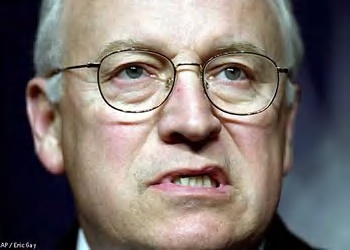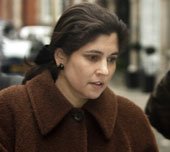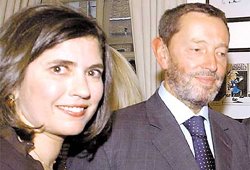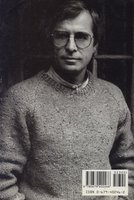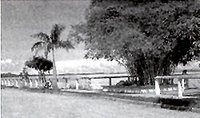Eddie Constantine
Eddie Constantine (born Edward Constantinowsky in Los Angeles, California, October 29, 1917 - died Wiesbaden, Germany, February 25, 1993) was an expatriate American actor and singer who spent his career working in Europe. He became a star in France in the 1950s, most notably playing the part of the hard-boiled detective/secret agent Lemmy Caution from Peter Cheyney's novels in a series of French B-pictures, including Cet homme est dangereux (1953), Lemmy pour les dames (1961) and À toi de faire ... mignonne (1963). Constantine's typical part was that of a suave-talking, seductive smooth guy, which he often played for laughs. Constantine, who eventually became a French citizen, enjoyed great popularity in several European countries, including France and Germany, as well as Africa. He also recorded several successful songs.
His most significant film was Jean-Luc Godard's Alphaville, une étrange aventure de Lemmy Caution (1965), in which he reprised (to a more radical end) the role of Lemmy Caution. Constantine's box-office appeal in France waned in the mid-1960s, and he eventually relocated to Germany, where he worked as a character actor, occasionally appearing in french films. Constantine claimed he never took his acting career seriously, as he considered himself to be a singer by trade. He took up the part of Lemmy for a last time in 1991, in Godard's experimental film Allemagne 90 neuf zéro. His last notable film appearance was in Lars Von Trier's Zentropa.
Biographies: Eddie Constantine | |||||||
'J'ai eu cinq maris, mais Eddie est le meilleur amant de tous' Constantine's new wife interviewed by Paris-Match Paris-Match September 23 1977 | |||||||
Born Edward Constantinowsky on the 28th October 1917 in California Constantine studied music, performed as a musician in Paris nightclubs before being spotted by Bernard Borderie for his 1953 'policer' La Môme vert-de-gris in which he starred as FBI agent Lemmy Caution. The film launched Constantine's career and he went on to make a series of films playing the same character and revived the character in 1970 for Godard's Alphaville. The actor has performed in numerous television productions, has recorded songs and, in 1975, published his autobiography Cet homme n'est pas dangereux.
| |||||||


